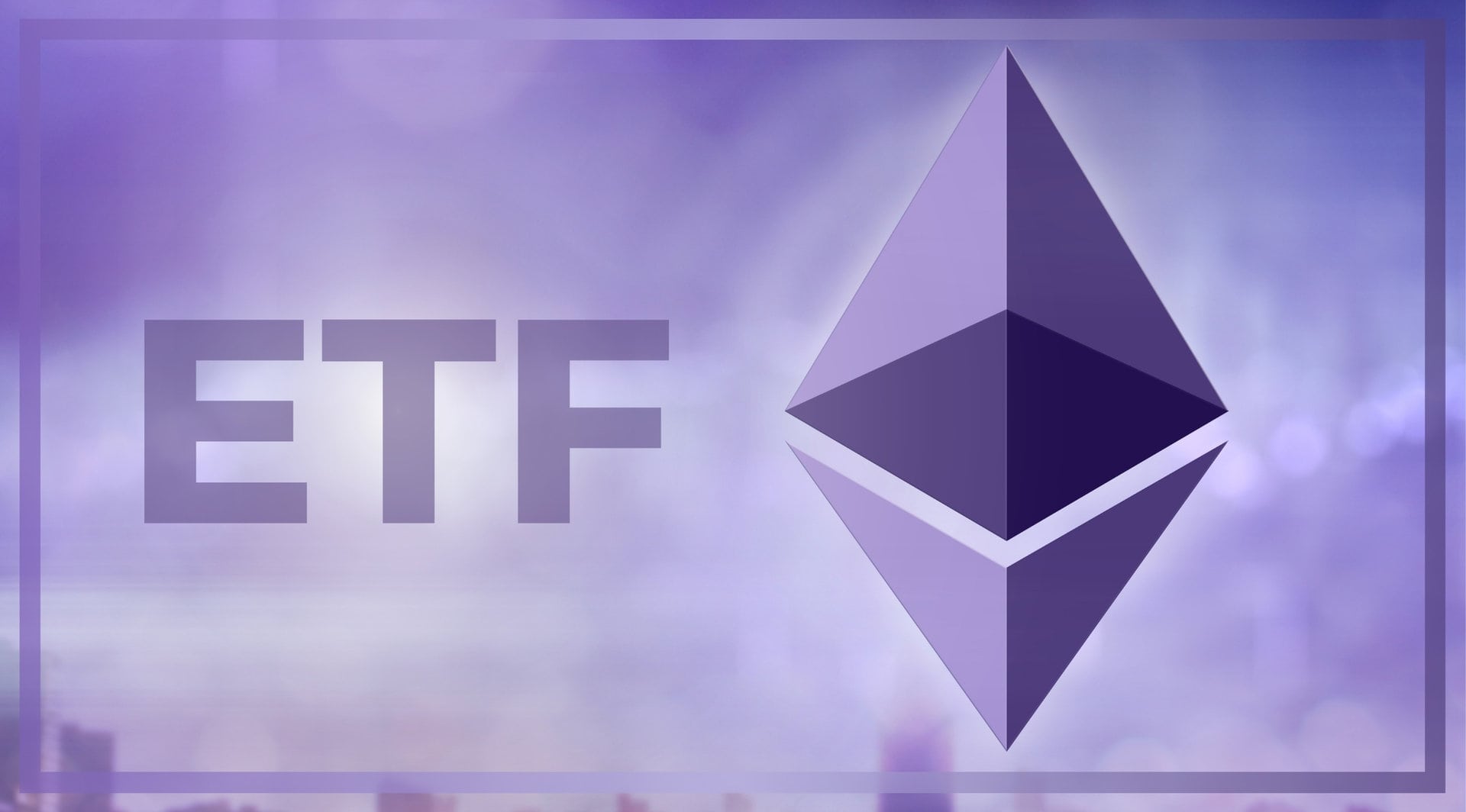88YTY News Hub
Stay updated with the latest trends and news.
ETH: The Wild West of Digital Wealth
Explore the untamed world of ETH and discover how to navigate the wild west of digital wealth and boost your crypto portfolio!
Understanding Ethereum: A Beginner's Guide to the Wild West of Digital Wealth
Ethereum is often regarded as the wild west of digital wealth, offering a decentralized platform for creating smart contracts and decentralized applications (dApps). Launched in 2015 by Vitalik Buterin and others, Ethereum has rapidly grown to become the second-largest cryptocurrency by market capitalization, following Bitcoin. Unlike Bitcoin, which primarily serves as digital gold, Ethereum's blockchain supports a wide range of use cases, from finance to gaming. To understand Ethereum better, it's essential to grasp its core components: smart contracts, proof of stake, and the concept of tokens. This foundational knowledge will equip beginners to navigate the complexities of the Ethereum ecosystem.
As you embark on your journey into the world of Ethereum, you may encounter various terms and technologies. It's crucial to take the time to research and understand these elements. For instance, the Ethereum Virtual Machine (EVM) is a decentralized computation engine that allows anyone to execute code on the network. Additionally, familiarity with ERC-20 tokens will give you insight into how value is transferred within the Ethereum ecosystem. Remember, while Ethereum opens up thrilling opportunities for creating and trading digital assets, it also involves risks, including volatile market changes and security vulnerabilities. Stay informed and tread carefully as you explore this exciting landscape.

Top 5 Risks and Rewards of Investing in Ethereum
Investing in Ethereum presents a range of risks and rewards that every potential investor should consider carefully. One major risk is volatility; the price of Ethereum can fluctuate dramatically in short periods, influenced by market trends, regulatory news, and technological changes. This means that while high returns are possible, the potential for significant losses is equally present. Furthermore, there is the risk of hacking and security breaches within the Ethereum network, which can lead to loss of funds. Investors must also navigate the regulatory landscape, as actions by governments can affect the legitimacy and price of Ethereum.
On the flip side, investing in Ethereum offers substantial rewards that can attract discerning investors. Firstly, Ethereum is more than just a cryptocurrency; it is a platform for decentralized applications (dApps) and smart contracts, which creates a robust ecosystem with growth potential. Secondly, the transition to Ethereum 2.0, aimed at increasing scalability and energy efficiency, could enhance its value significantly. Additionally, early investors in Ethereum have already seen remarkable returns compared to traditional investments. In summary, a well-informed investment strategy in Ethereum could yield significant benefits, making it a compelling avenue for those willing to take calculated risks.
Is Ethereum the Future of Digital Currency or Just Another Fad?
As we delve into the question of Ethereum as the future of digital currency, it is crucial to understand its unique features compared to traditional currencies and other cryptocurrencies. Unlike Bitcoin, which primarily serves as a digital store of value, Ethereum boasts a robust platform for decentralized applications and smart contracts, expanding its utility beyond mere transactions. According to Investopedia, Ethereum's blockchain technology allows developers to create versatile applications that can potentially transform industries like finance, healthcare, and supply chain management, positioning it as more than just a digital currency.
However, skepticism remains regarding whether Ethereum will sustain its momentum or fade away like other fad cryptocurrencies. Market volatility, regulatory challenges, and competition from other blockchain platforms are significant hurdles that Ethereum must navigate. As outlined in a recent analysis by Forbes, while Ethereum has demonstrated remarkable growth, it is imperative for investors and enthusiasts to approach it with caution, recognizing the potential for both innovation and disruption in the ever-evolving digital landscape.